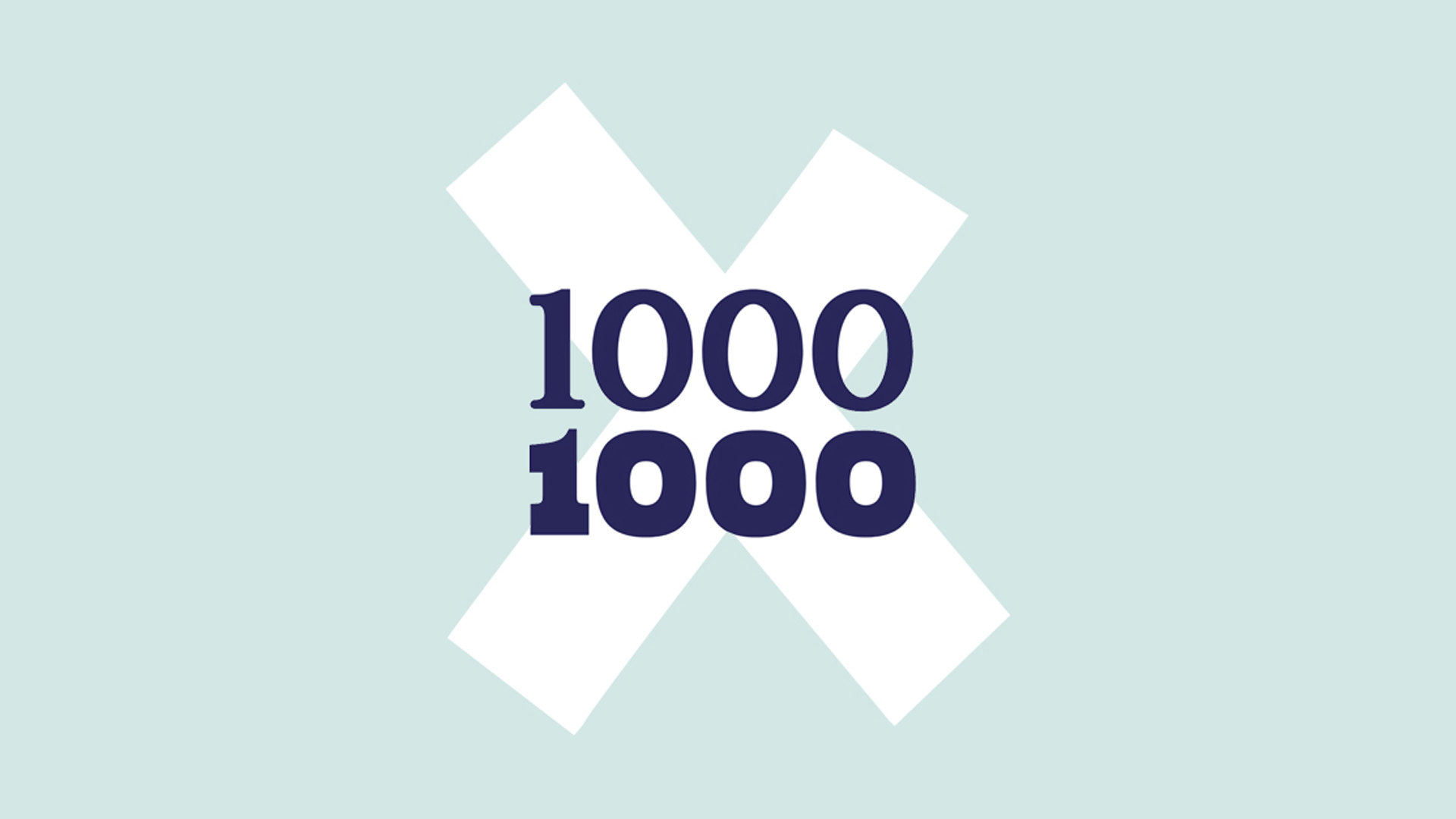What if we professors were to do something for the most vulnerable victims of the corona crisis? Professor Lieven Bervoets from the Department of Biology and historian Professor Marnix Beyen had the same idea. The solidarity initiative 1000 x 1000 has raised 700,000 eurosand collected more than 1200 signatures in a call for more social justice.
It is not only the coronavirus that has affected our country unequally – its economic consequences have also been felt more keenly by some groups than by others. That was the realisation that gripped Marnix Beyen last spring. ‘With incomes that were never in jeopardy, we senior academic staff were in a position of luxury. I started thinking about a solidarity initiative that would benefit those who were suffering. In my view, such an initiative could even have a structural nature. For example, why not give up a small portion of our pay each month for the duration of the pandemic? I sent an email to our rector to that effect.’ A while later, he received an email back. Perhaps he could contact Lieven Bervoets, who had sent the rector a very similar message.
The two did not know each other, but immediately joined forces. ‘We talked to colleagues from inside and outside our university and got a group of sixteen academics together from all Flemish universities. Among them were historian Professor Bruno De Wever of UGent and Professor Bea Cantillon, a sociologist at our university and expert in social inequality. Professor Bruno Blondé, also a historian, took charge of coordinating the action’, explains Lieven Bervoets.
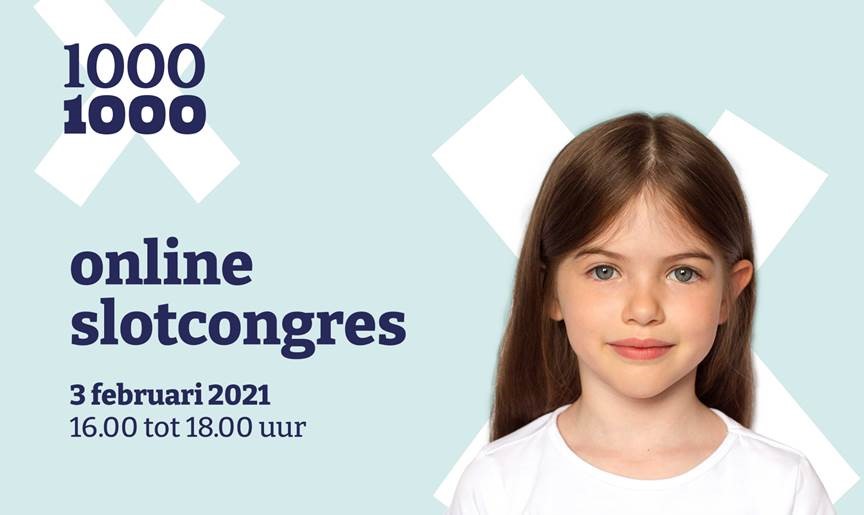
Not the usual suspects
The group soon agreed that they wanted to launch both a solidarity initiative and a call for change. In doing so, they wanted to send a clear signal but also encourage structural reforms that would lead to social redistribution: a new social contract. ‘I was a fan of the initiative, if only because for once it didn’t come from the usual suspects’, says Bea Cantillon looking back. ‘It wasn’t social scientists, but colleagues from other faculties who were taking the lead. But at the same time, I was worried we were sending the wrong message. The current problems of poverty and social inequality are the responsibility of society as a whole and cannot be solved by a charity fundraiser. But I think we managed to get the message across in a nuanced way. The donation is a symbol of our broader demand for collective action.’
In their appeal, the academics call for a new social contract based on a fairer distribution of resources and burdens, more balanced taxes on wages and assets, and the creation of opportunities for people who have difficulty keeping up in the knowledge economy. In addition to that, they say a far-reaching but socially just climate policy is needed, as well as a fairer distribution of the costs of our ageing society, one that doesn’t place the burden solely on the shoulders of younger generations.
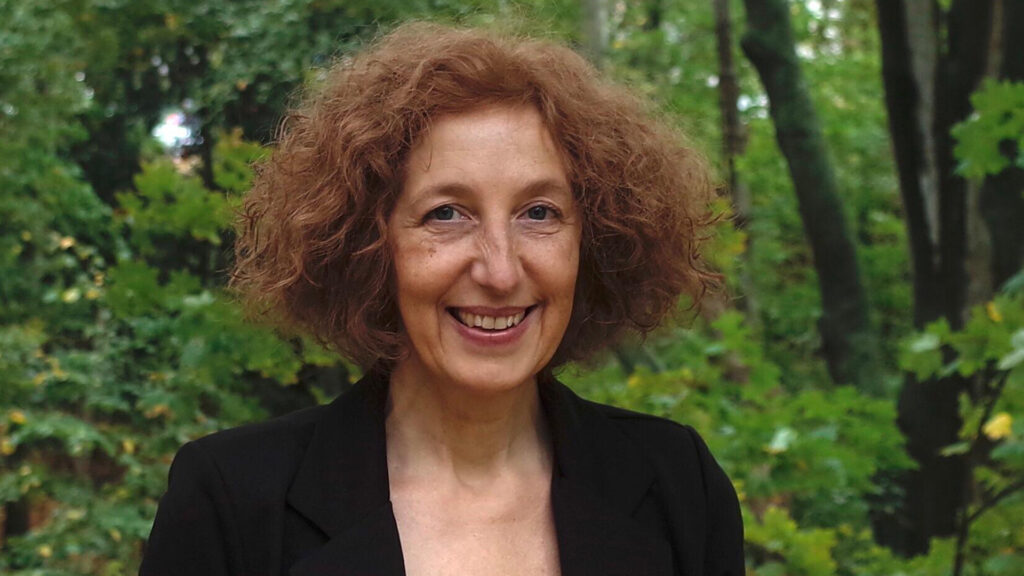
‘Our current social contract dates back to 1944 and has been in need of an overhaul for decades’, says Bea Cantillon. ‘Because of the disappearance of the old industrial production methods, there are fewer and fewer jobs for low-skilled people, for example. And the poverty problem has never been solved. Now that the corona crisis is magnifying all these inequalities, society is faced with a gigantic task. We’re going to have to work for years to rectify the situation. That calls for a new common compass.’
Who’s in?
The biggest gamble was the call for fellow academics to donate 1000 euros each. The idea was to find a thousand people willing to do this and thus raise one millioneuros to help give children and young people better opportunities. Hence the name 1000 x 1000. The proceeds of the fundraiser are going to three projects run by the King Baudouin Foundation: the Child Poverty Fund supports projects that aim to combat the exclusion of very young children and their families, Boost helps talented young people build better futures for themselves, and ‘Small Children, Big Chances’ trains future teachers to deal with poverty and exclusion better.
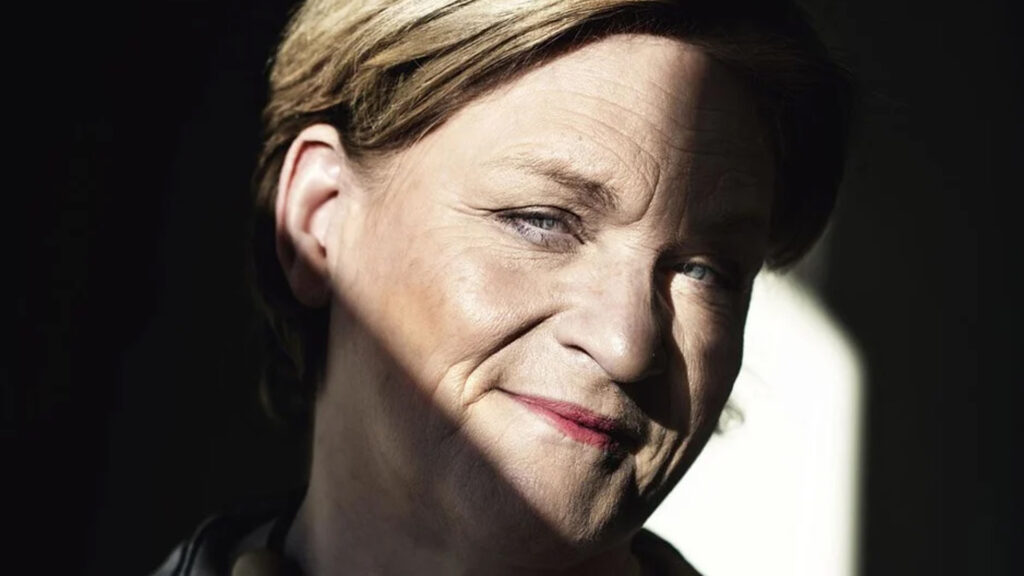
The magic number of one million euros has not yet been reached. But with 550 academics donating 1000 euros each and hundreds of people making smaller donations, it certainly counts as a big success. Marnix Beyen: ‘We raised 700,000 euros in less than four months, which the King Baudouin Foundation says is exceptional. That amount includes many donations from people who are not professors, including other academics, staff and students at our university as well as people from outside the university. We are also very pleased with the more than 1200 signatures.’ The initiative resounded with people all over Flanders and beyond, and was signed by all of the Flemish rectors. Our university took the lead in the initiative. ‘The rector forwarded the call to his network under his own name and we also received a lot of support from the Communications Department. That put the wind in our sails’, says Lieven Bervoets.
‘Feeling that something wasn’t right’
One colleague who supported the action enthusiastically was Professor Veerle Fraeters of the Ruusbroec Society. ‘I too had the feeling in the spring that something wasn’t right. Like many of my colleagues, I saw how my savings were growing because my salary kept coming in and I wasn’t spending much. While others were having such a hard time. That weighed on my conscience, so I donated the extra money to charity. I found it strange that the media wasn’t paying more attention to that aspect of the crisis. And then came the call to support 1000 x 1000 – a fantastic initiative that gave me a feeling of real joy.’
Veerle Fraeters responded to the call and brought the initiative to the attention of her colleagues. She doesn’t like the word charity, but attaches a lot of importance to solidarity. ‘Times of crisis like this call for extraordinary actions. I also think that in the future we’ll have to evolve towards this kind of solidarity again, where the most privileged groups help not only their own families, but also people around them and in their own fields of work. That’s another reason why I think this is such a great initiative. As an educational institution, we are supporting the development and education of vulnerable children and young people. It’s also very important that this is a public initiative: if we ever want to create a new social order, we need more transparency. Then we have to dare to speak up and say, we have enough and we can share it with others who are less fortunate in difficult times.’

Lieven Bervoets 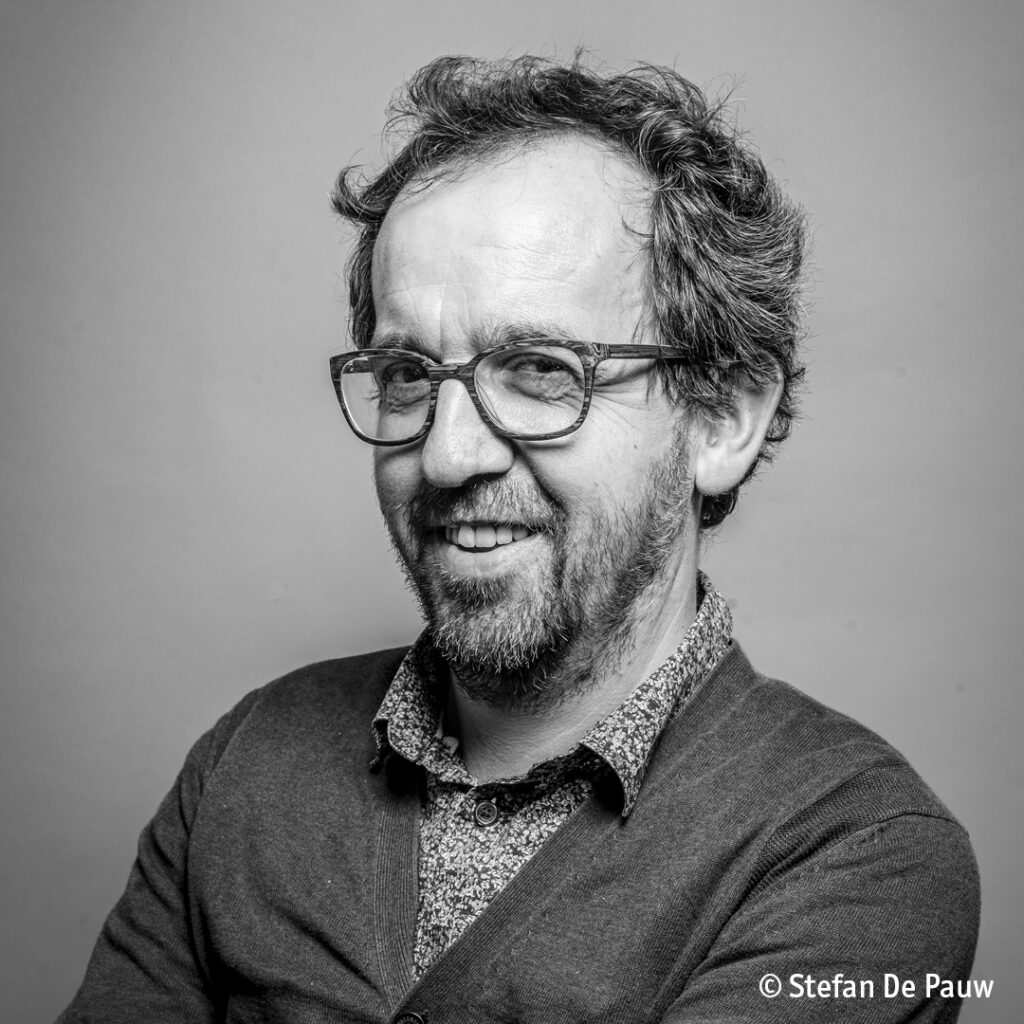
Marnix Beyen
Online conference
The initiative will conclude with an online conference on 3 February, during which Professors Bea Cantillon, Ides Nicaise of KU Leuven and Koen Schoors of UGent will share their thoughts. As will Minister of Social Affairs and Public Health Frank Vandenbroucke – one of the initiative’s first signatories – who the list of signatures will be presented to. There will also be a short debate led by Bart Eeckhout, editor-in-chief of De Morgen. ‘We don’t see this as a celebratory final show, but as a passing on of the relay baton’, says Marnix Beyen. ‘As academics, we’ve taken the first steps and given some thought to the direction we need to go. But we’re not politicians. We’ll leave it up to the politicians to work out the specifics of how this story will unfold.’
You can still support the initiative or sign the call at www.1000×1000.be.
Conference info and registration can be found here.


